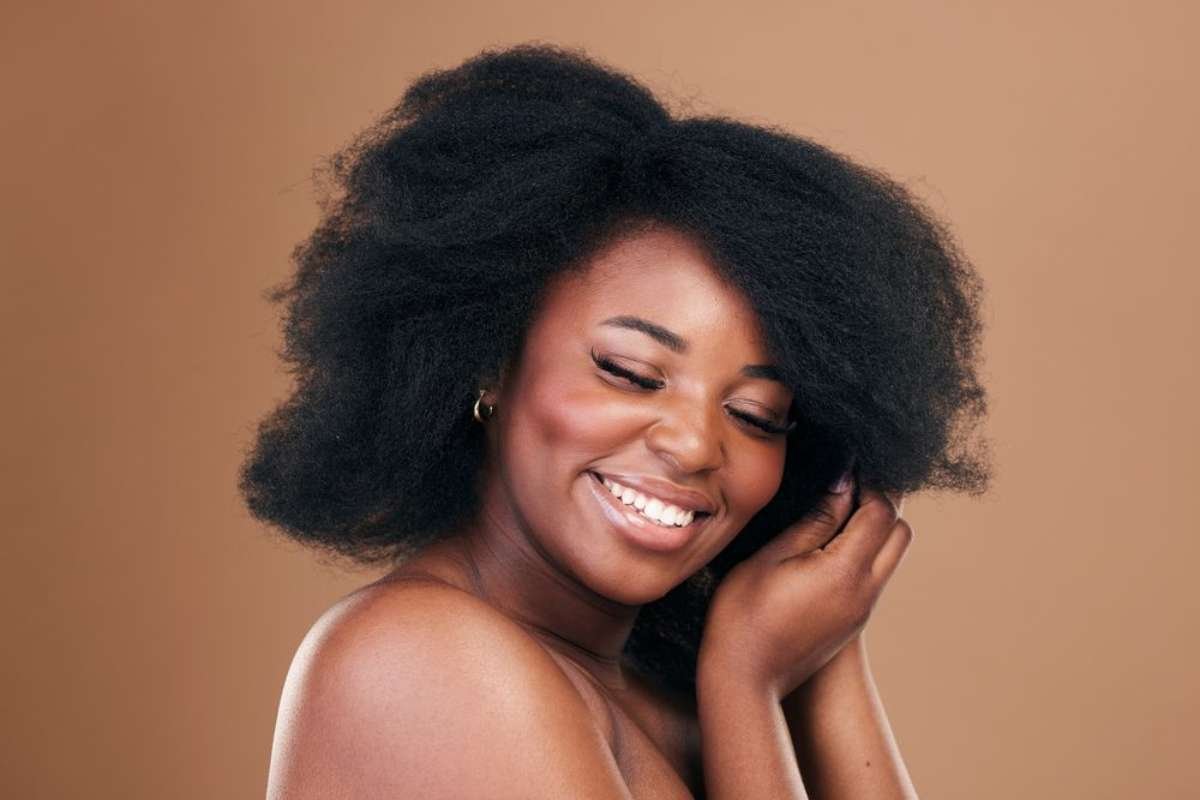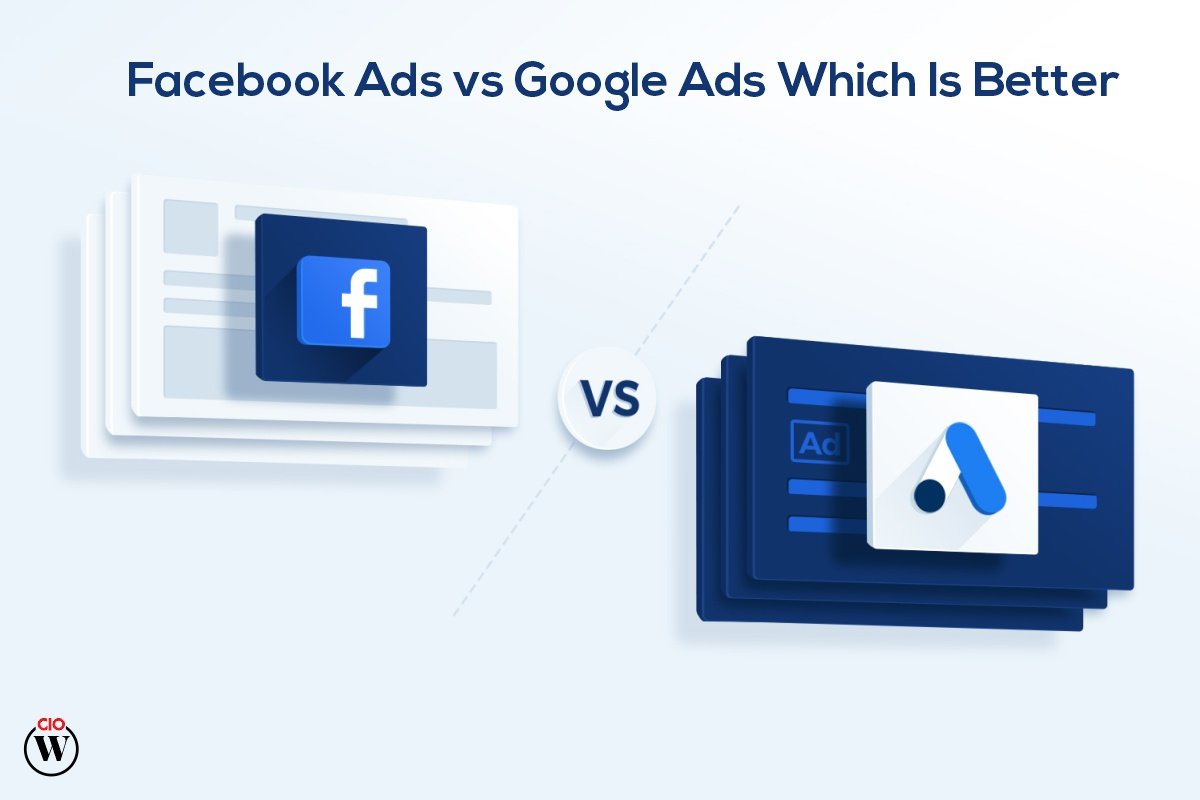At the beginning of 2023, a British woman of Jamaican heritage decided to break away from the limited hairstyles she had worn throughout her 20s. Opting to experiment with different braids, colors, and lengths, she embarked on what she thought was a simple resolution, but it quickly evolved into a deeper exploration of Black women hair identity. This journey became one of reclaiming her sense of self and confronting internalized biases.
Growing up in the UK, she found that her hair became a means to manage how others perceived her. “Safe” hairstyles were not about fashion but protection against stereotypes that painted natural Black hair as “messy” or “unprofessional.” Over time, she realized these choices were responses to microaggressions: being complimented on her English despite being British, being watched in stores, and encountering negative portrayals of women like her on TV. Her hair, she discovered, had been a tool of silent compliance, until she chose to reclaim her power and redefine her own Black women hair identity.
This personal reflection mirrors the experience of many Black women who, over the decades, have navigated societal judgments and Eurocentric beauty standards. Emma Dabiri, author of Don’t Touch My Hair, echoed similar concerns. She noted how straight-back cornrows often made her a target for aggression, while goddess braids aligned more with mainstream ideas of femininity and therefore earned her more favorable treatment.
The Cultural Shift: Natural Hair and Representation
The natural hair movement, which emerged in the U.S. during the 1960s and saw a revival in the 2000s, encouraged Black women to embrace their natural textures. While social media and safer products helped fuel this resurgence, the movement also triggered new challenges. According to a 2023 study, 93% of Black people in the UK reported experiencing microaggressions related to afro hair, showing how the road to fully embracing Black women hair identity remains complex.
Even within Black communities, “texturism” persists as a preference for looser, more Eurocentric curls. St. Clair Detrick-Jules, author of My Beautiful Black Hair, stresses the need to celebrate tightly coiled hair that doesn’t conform to mainstream ideals. Both she and Dabiri call for deeper acceptance beyond what is considered “pretty” or “professional” by Western standards.
Celebrity influence also plays a pivotal role. From Solange Knowles’ dramatic “Big Chop” to Viola Davis revealing her natural hair on-screen, representation is creating ripple effects. Michelle Obama’s post-White House embrace of Afrocentric styles and new hair brands by Black women like Beyoncé’s Cécred are making natural beauty visible and powerful.
Hair as Empowerment and Community Expression
Today, salons and brands that once shied away from afro-textured hair are evolving. Stylists like Antonia Okonma Shittu of A-List Lace Hair view wigs as more than accessories, they are “tools of self-expression and empowerment.” Meanwhile, companies like Ruka Hair now offer afro-textured extensions that blend seamlessly with natural curls, allowing women to extend their style while honoring their Black women hair identity.
This growing celebration of Black hair reflects a broader cultural change. From East London classrooms to global corporations like Google, afro and loc styles are appearing in once-exclusionary spaces. For the author, embracing her natural hair helped her unlearn decades of unconscious self-denial. Returning to the same braids she once wore, she now does so not to fit in, but to stand tall, not with compliance, a reclaiming of her confidence, her culture, and her Black women hair identity.
Her journey is not just about hair, it’s about healing, visibility, and rewriting the story of beauty, one braid at a time.
Visit CIO Women Magazine to read more.









